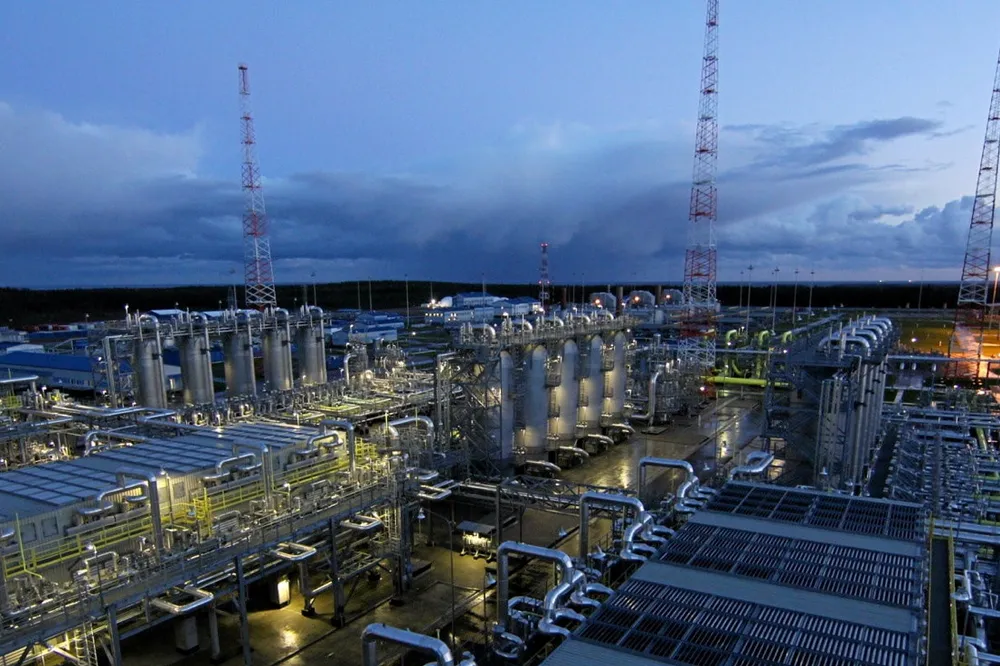Gazprom: no upside in Nord Stream gas export possible
Russian gas giant comes out with detailed statement on Nord Stream 1 situation, insists on lifting sanctions

Russian gas giant comes out with detailed statement on Nord Stream 1 situation, insists on lifting sanctions
